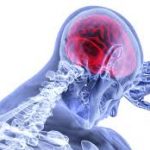Speed reading is a technique that aims to increase reading speed without sacrificing comprehension. By utilizing specific strategies, readers can process and comprehend information at a much faster rate. Techniques such as skimming, scanning, and chunking text help readers identify key points and main ideas swiftly. Eliminating subvocalization, the habit of silently pronouncing words, …
Continue reading “Ten of the most common speed reading mistakes”











